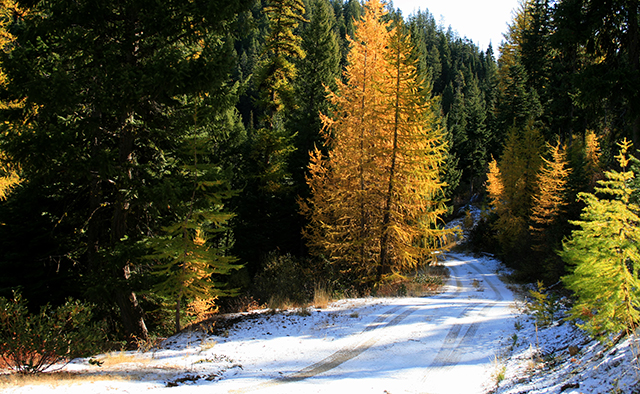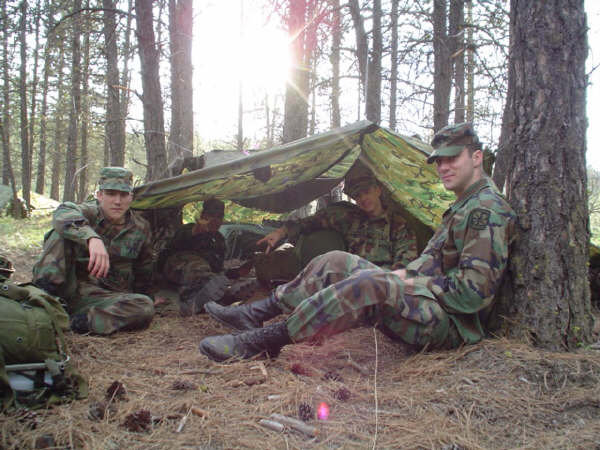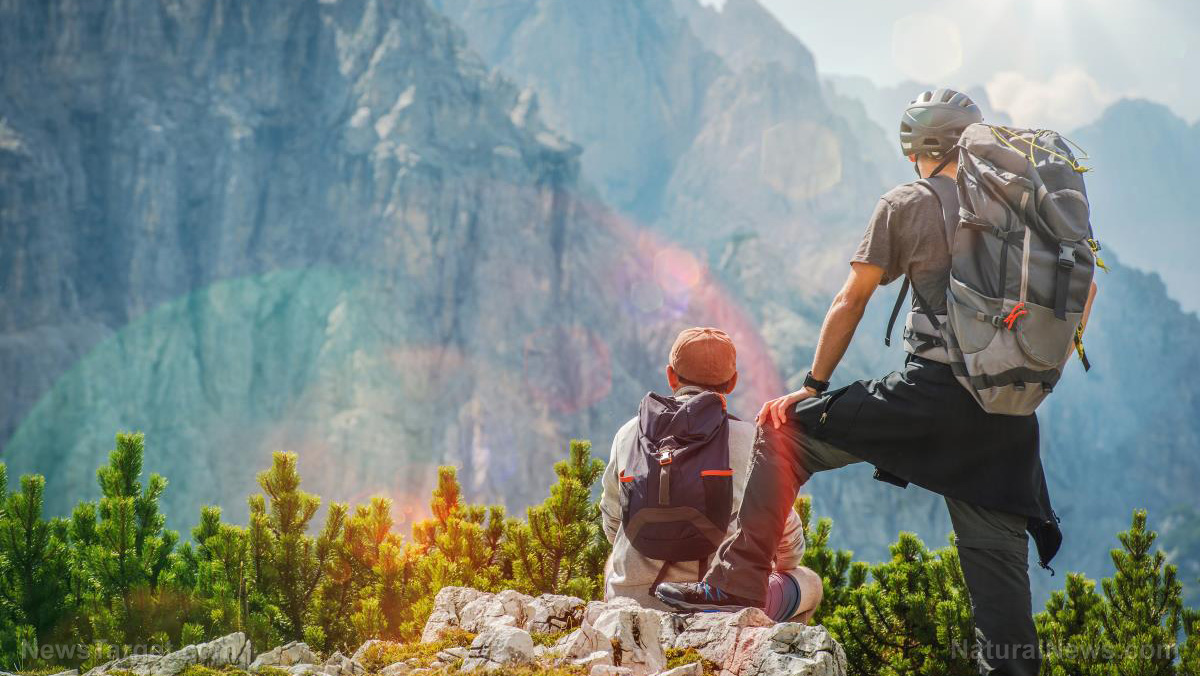A guide to masking cooking smells in the wild
02/09/2019 / By Mary Miller

There’s nothing like a good camping trip out in the wild outdoors, enjoying the peaceful sights of nature and letting your juicy barbecue simmer on the grill. However, that delicious and meaty aroma won’t be just appealing to you. It will also likely attract every hungry animal within range of your food’s scent. There is no way to completely prevent your food from giving off cooking odors, but there are ways to mask the scent of your food, or at the very least, minimize the impact your cooking has on the surrounding area. Protect your food from hungry animals by following this survival guide to masking strong cooking odors when outdoors. (h/t to PreppersWill.com.)
Consider your location
Before choosing your camping location, do a little research first. Does your location have a history of wild animals wandering around in the general area? Is it a common picnic ground? Do other people frequent there or is it a generally remote area? These are factors to take into consideration if you want to plan a relatively safe camping trip or cookout.
Set up separate camping areas
Sleeping right next to where you cooked your food could be a recipe for disaster. You wouldn’t want to wake up to find a wild bear rummaging through your campsite, would you? You can avoid that scenario by setting up two separate camping areas for cooking and for sleeping. These two camps should be a solid 10-minute walk away from each other. Your sleeping area should leave no scent. All your culinary needs, such as for cooking, eating, and storing food, should be restricted to the cooking area. You can minimize your presence even further by cooking using a smokeless Dakota fire hole.
Avoid cooking strong-smelling foods
Strong-smelling food items, such as bacon, makes for excellent bear bait, which is exactly why you should avoid cooking these types of food outdoors. More suitable alternatives that don’t leave such strong odors include dehydrated food items and precooked meals. You can also bring some food items that don’t need to be cooked, such as crackers, breads, or hard candies.
Store food appropriately
Do not leave your food just lying anywhere around camp. Even keeping your food in ziplock bags won’t be enough to mask the odors completely. While the smells might still be able to attract unwanted animals, you can still keep your food safe by storing all your food in bear-resistant food canisters. You can even make use of a bear hang – place your food in a protected container and hang it from a branch or tree limb high off the ground.
Dispose of food properly and immediately
Food scraps and leftovers should be disposed of immediately if you have no plans of eating them later on. This follows for all other trash items. Carry your leftover food and garbage far away from both camps and dispose of them properly. Be sure to thoroughly wash your used dishes and cutlery as well. These can still leave scents even if you can’t smell them.
Keep food-scented clothes and items away from the sleeping camp
Have you ever smelled your shirt after a long day of grilling food? If you have, then you probably know that food odors linger, even on items that have not made any physical contact with the food. Returning to your sleeping camp with your food-scented clothes is akin to leaving an invisible bread crumb trail that is perfectly detectable by any animal with a powerful sense of smell. After cooking and eating, change your clothes and leave your food-scented clothes and belongings in the cooking camp.
Learn more ways to protect yourself when outdoors by going to Preparedness.news.
Sources include:
Tagged Under: bug out, cooking odors, emergency, food odors, off grid, outdoor cooking, preparedness, prepper, prepping, Scents, survival, Survival Tips, survivalist, wild animals, wild bears, wildlife


















